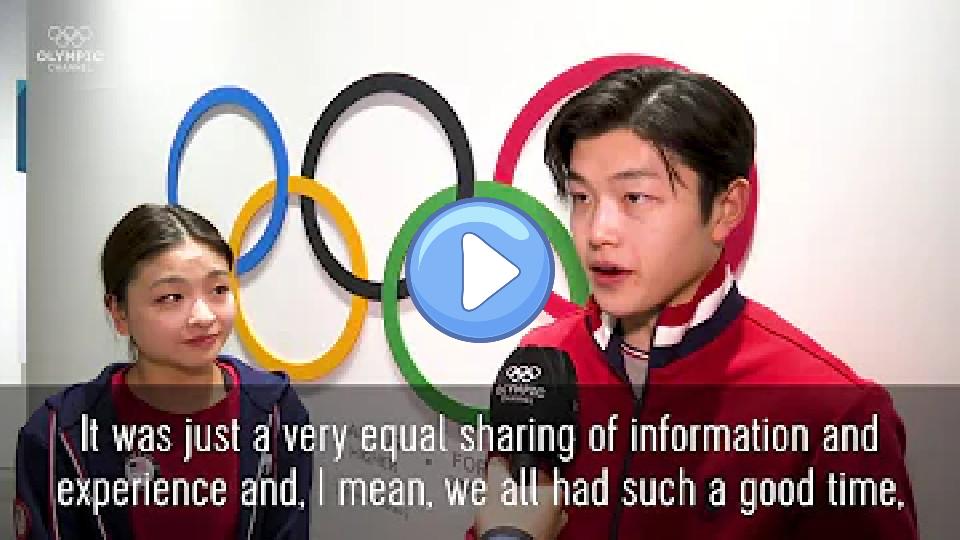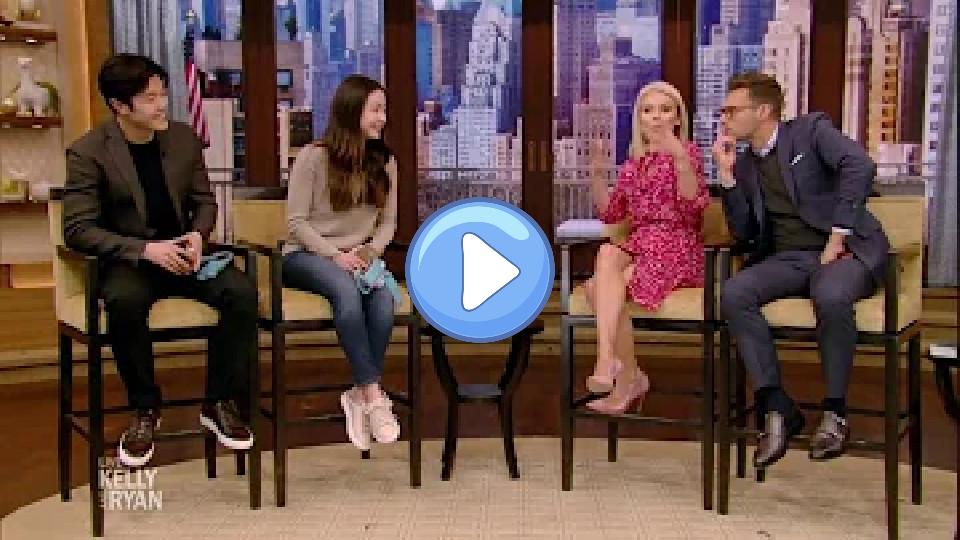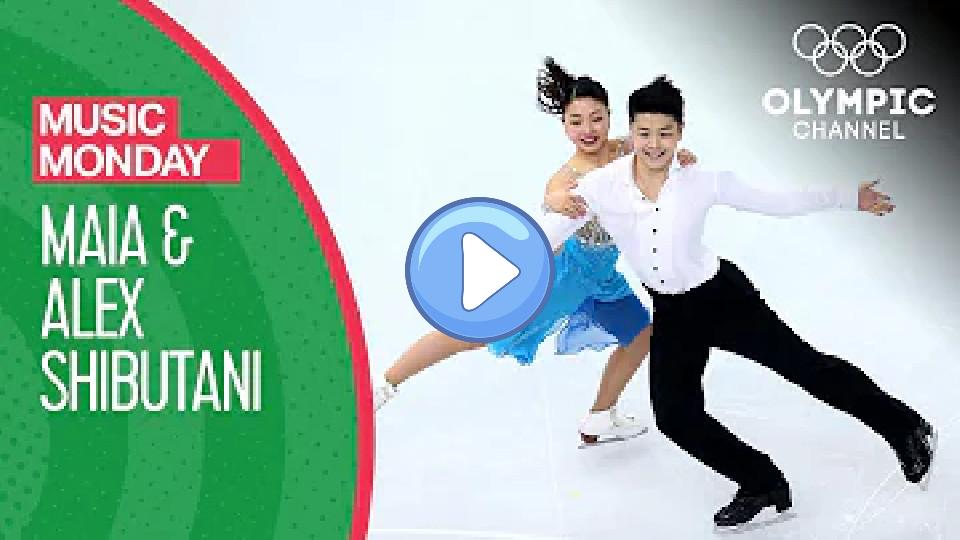Maia Shibutani's Sports Injuries
Type of Sport: Figure Skating
Maia Shibutani's Sports Injuries Table
| Type | Area | Date | Consequences | Content | How It Happened | Recovery Duration | Rehabilitation Details | Impact On Career | Psychological Impact | Previous Injuries | Return To Competition | Severity | Treatment | Medical Staff | Long Term Impact | Preventive Measures | Competition Missed | Initial Symptoms | Re Injury Risk | Support System | Rehabilitation Location |
|---|---|---|---|---|---|---|---|---|---|---|---|---|---|---|---|---|---|---|---|---|---|
| Abdominal Injuries | lower abdomen | 2019-03-31 | Required surgery to remove an abdominal mass. | Maia Shibutani experienced severe abdominal pain during a training session which led to the discovery of a mass that required surgical removal. | During a training session while practicing lifts. | Several months | Post-surgery rehabilitation focused on gradually rebuilding core strength and conditioning. | Forced to take a hiatus from competitive figure skating. | High stress and anxiety due to the uncertainty of her condition and recovery. | None related to the abdomen. | Maia returned to light training several months post-surgery, with full competition resumption planned for the next season. | High | Surgical removal of the mass followed by physical therapy. | Surgeons and physical therapists. | Potential for careful monitoring of abdominal health in the future. | Regular medical check-ups and careful monitoring during training. | Missed the 2019-2020 competitive season. | Severe abdominal pain and discomfort. | Low, but requires monitoring. | Family, coaches, and medical team. | Local rehabilitation center and home. |
| Concussions | head | 2017-10-14 | Suffered a concussion, leading to symptoms such as headaches and dizziness. | Maia Shibutani experienced a fall during practice, resulting in a concussion. She had to follow a strict rest and recovery protocol. | Fell during a lift in practice. | Several weeks | Gradual return to activity following a concussion protocol, including cognitive rest and physical therapy. | Short-term break from training and competitions to ensure full recovery. | Frustration and anxiety due to the nature of concussion recovery. | No prior head injuries. | Returned to competition after being cleared by medical professionals. | Moderate | Rest, cognitive rest, and physical therapy. | Neurologists and physical therapists. | Requires careful monitoring for any future head injuries. | Enhanced safety measures during lifts and practice. | Missed one Grand Prix event. | Headaches, dizziness, and nausea. | Moderate, with the possibility of increased sensit | Family, coaching staff, and medical team. | Local rehabilitation facility and home. |
Maia Shibutani's Sports Injuries Videos
Alex and Maia Shibutani Surprise Korean Students
After the Olympic Winter Games PyeongChang 2018, Korean students had a surprise in store. The athletes were incredibly proud to have skated their best and won a medal, but the experience was even more rewarding because of the program they participated in with the students. Despite initial tears, the athletes cherished every moment, appreciating the students' great personalities. The interaction was a mutual exchange of information and experiences, filled with laughter and fun. The students taught the athletes about Korean culture and what to expect at the Olympic Games, while the athletes shared insights about their careers and future dreams. The students gave their presentations in English, and the athletes respected their effort by not attempting to speak Korean.

The Shibutani siblings talk about their bond and transition to authors.
ABC News' Kyra Phillips interviews Olympic bronze medalists Alex and Maia Shibutani, discussing their relationship on and off the ice and their new illustrated picture book, "Amazing Asian Americans and Pacific Islanders Who Inspire Us All." The Shibutanis made history as the first figure skaters of Asian descent to win medals at the 2018 Olympics and were recently inducted into the U.S. Figure Skating Hall of Fame. They talk about their bond, the inspiration behind their book, and the importance of showcasing diverse role models to inspire all children. The book features historic and contemporary figures who have made significant contributions, aiming to foster multi-generational conversations about cultural representation and possibility.

The Shibutani Siblings on Their Olympic Medal-Winning Ice Dance
Olympic medalists Maia and Alex Shibutani discuss their unique sibling relationship and experience working together as ice dancers. They share insights into the physical challenges of their sport, the strong bond they've maintained over the years, and their reputation for performing exceptional twizzles. Despite the difficulties, their connection and skill have led them to win two bronze medals at the Winter Olympics.

The Best is Yet to Come: Alex & Maia Shibutani at Sochi 2014 | Music Monday
The best is yet to come! Alex Shibutani and Maia Shibutani from the USA not only chose Michael Bublé's track for their...

